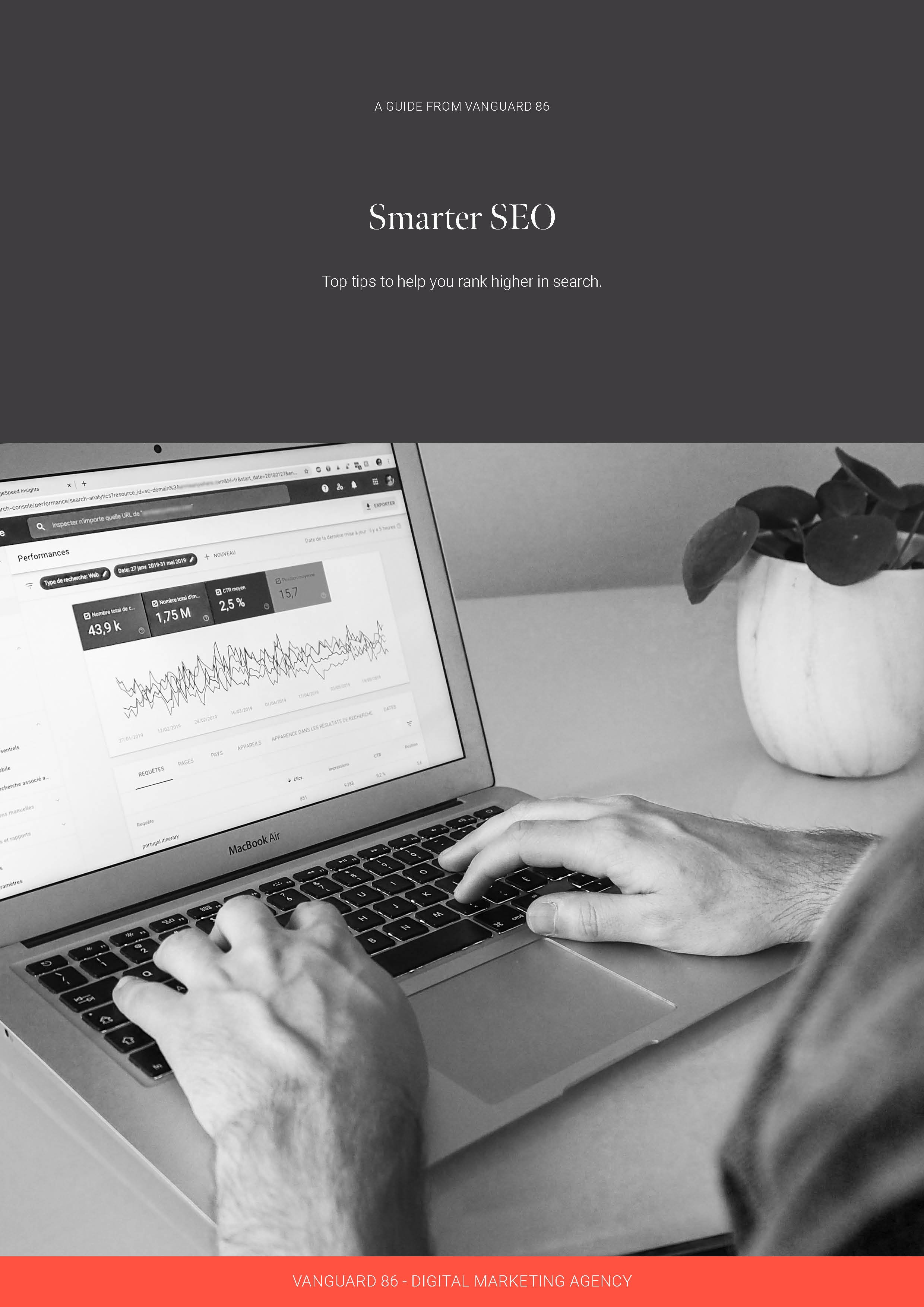How inbound marketing can save you in a recession
For many businesses the Global Financial Crisis (GFC) of 2008 is a distant memory. Times are good - people are spending and budgets are growing. Thinking back to the bad days seems like wasted energy, but many experts are noticing warning signs that indicate another recession might not be that far away.
Those in sales that survived the recession will remember how tricky it was to get leads. When you finally found one, trying to get them to invest was a completely different ball game. Not everyone wants to invest in a lead generation partner, but sowing the seeds now can prepare savvy businesses for when the good times slow down.
What signs?
Firstly, I need to state that I'm not an economist and much of my knowledge is based on other people's research - hence the excessive linking to source articles here. Take what I say with a pinch of salt and do your own research.
Spending is often a big indicator, especially when that spending is on things we don't need. Aston Martin has just posted record profits, Apple is posting record profits even though the latest iPhones are struggling to sell, and Deloitte's report on luxury goods shows some interesting upwards trends.
High spending on luxury goods indicates either higher disposable incomes or that it's easier to borrow money. Both can be worrying signs.
High disposable incomes can often mean economies and industries are in a bubble, as in they're overvalued and hyped beyond reality. This can be a problem if the bubble bursts like the dotcom bubble in the early 2000s. Easier lending can mean riskier lending profiles, like the subprime mortgages which triggered the 2008 GFC.
In Australia and New Zealand, house prices are massively inflated. The mean house price in Sydney is around the $903,700 mark, in Auckland it's $1,054,974. Some regions in New Zealand are seeing house values rise from last year of close to 20% (Waitomo, Opotiki and Otorohanga what are you doing?). Across New Zealand average house prices are sitting at around 6 times the average salary. In Australia it's similar at around 6.25. This overvaluation is rarely sustainable, just look at Bitcoin's tumble from a valuation of almost $20,000 per coin to below $8,000.
Even the Trump is warning that we're all heading towards a recession.
For businesses, a major red flag should be how dependant Australia and New Zealand are on an intertwined economy. New Zealand's biggest export market is China ($13.1bn) followed very closely by Australia ($5.3bn), third place is held by the USA ($5.2bn). On the other hand, Australia is much more reliant on China with $174.7bn in exports to China, second place is Japan with a mere $68bn in trade closely followed by the USA on $66bn.
As you can see, both Australia and New Zealand have economies that are heavily reliant on China - New Zealand's is doubly so.
Back in May of 2017 Bloomberg reviewed the debt levels of the Chinese economy, and why the indicators of a crash may be being hidden or suppressed. The question remains; how can China control it's increased spending and borrowing before the house of cards tumbles? And if it ever does tumble, how will Australia and New Zealand cope?
Part of the reason this part of the world was able to ride out the GFC of 2008 was its separation from the US - the economy that triggered the fall.
As this review by Reuters explains, China's economic health during the 2008 GFC was excellent. Now the outlook isn't as rosy, which means it wouldn't even need to be the Chinese market that collapses for there to be wider ripples. After all, Chinese borrowing is growing.
What's this got to do with inbound marketing?
When a recession hits, businesses see sales dry up and spending is reduced. Speaking from experience, marketing is often one of the first departments to get a cut once HR has been told to put a freeze on hiring. Advertising budgets go first and only the bare essential sales assets are created. This is a really bad thing for businesses as it limits their ability to compete for the remaining pool of buyers - especially against competitors that retain spending.
Inbound marketing can really help businesses in a recession.
The reason for this is that inbound marketing is cheaper than outbound traditional marketing, generates more leads, and increases website traffic. Mid-sized businesses save 31% on inbound marketing costs compared to paid search, and inbound leads cost 61% less on average than outbound leads.
When your business needs as many leads as possible for the lowest capital spend, inbound marketing could be the way to go. And this can be supported by hiring an agency over hiring an internal inbound marketing manager.
Not only are the costs comparative (if not lower), but the HR obligations and total business cost in paid leave, management and recruitment are lower than a staff hire. It's also easier to axe an agency than a full time member of staff if things continue to go downhill.
When sales are slow, you have to look at what's most likely to help them grow. Inbound marketing, and an experienced inbound marketing agency, like Vanguard 86, could be a good place to start.
Want to find out more about how inbound marketing could work for your business? Download 32 enviable inbound marketing examples here.
Download your free guide to Smarter SEO
Good SEO can mean the difference between your business being found, or you being lost in the growing mass of online resources. This guide is designed to help you rise above your competition.
Download now




/Typewriter_keys_letters_words_keyboard.jpg?width=352&name=Typewriter_keys_letters_words_keyboard.jpg)

